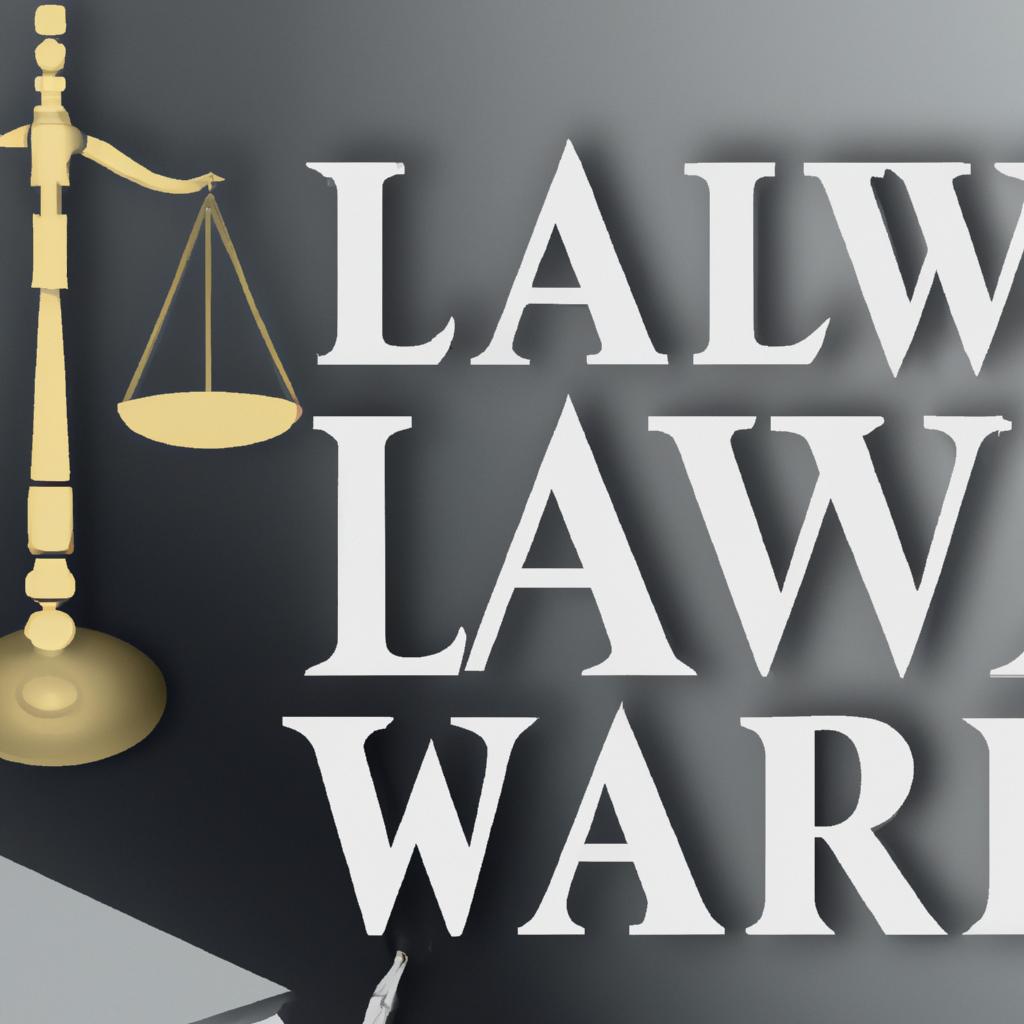Introductory Section:
Welcome to the ultimate guide to navigating employment law in New York State. Whether you are an employee or employer, understanding employment law is crucial for maintaining a harmonious and legally compliant workplace. In this guide, we will cover everything you need to know about employment law in New York, including key regulations, rights, and responsibilities for both employees and employers. By the end of this guide, you will have a comprehensive understanding of employment law in New York State, ensuring you can navigate the complexities of the law with confidence.
Understanding Employment Law in New York State
Employment law in New York State encompasses a wide range of regulations and statutes designed to protect the rights of employees and ensure fair treatment in the workplace. From minimum wage and overtime regulations to discrimination and harassment laws, there are numerous legal considerations that both employees and employers must be aware of.
Key Employment Law Regulations in New York
New York State has several key employment law regulations that are important for employees and employers to understand. These include:
Minimum Wage: New York State has a minimum wage that varies depending on the location and size of the employer. It is important for employers to ensure they are paying their employees at least the minimum wage for their location and that employees are aware of their rights in this regard.
Overtime Pay: The state has regulations concerning overtime pay for employees who work more than 40 hours in a week. Employers must ensure they are paying eligible employees the appropriate overtime rate for hours worked beyond the standard workweek.
Discrimination Laws: New York State has strict laws prohibiting workplace discrimination based on protected characteristics such as race, gender, age, disability, and more. Employers must take proactive measures to prevent discrimination and harassment in the workplace, and employees have the right to seek legal recourse if they experience discrimination.
Paid Family Leave: In New York, eligible employees have the right to take paid family leave for various family-related reasons, such as caring for a new child or a sick family member. Employers must adhere to the regulations regarding employee requests for paid family leave.
Workers’ Compensation: New York State has established workers’ compensation laws to provide benefits to employees who suffer work-related injuries. Employers are required to carry workers’ compensation insurance, and employees have the right to seek compensation for work-related injuries.
Rights and Responsibilities for Employees and Employers
Employees and employers both have specific rights and responsibilities under New York State employment law. It is essential for individuals on both sides of the employment relationship to understand and comply with these regulations to maintain a fair and respectful workplace environment.
Employee Rights and Responsibilities: Employees have the right to fair wages, a safe work environment, and protection from discrimination and harassment. They also have the responsibility to perform their job duties to the best of their ability, adhere to company policies, and report any workplace violations or concerns to management or the appropriate authorities.
Employer Rights and Responsibilities: Employers have the right to hire, terminate, and manage their employees within the bounds of employment law. However, they also have the responsibility to provide fair wages, a safe workplace, and to prevent discrimination and harassment. Employers must also comply with regulations surrounding wage and hour laws, workers’ compensation, and more.
Practical Tips for Navigating Employment Law in New York
Navigating employment law in New York State can be complex, but there are practical tips that both employees and employers can follow to ensure compliance and a positive work environment.
For Employees:
- Familiarize yourself with your rights under New York State employment law, such as minimum wage, overtime pay, and anti-discrimination protections.
- Keep thorough records of your work hours, wages, and any incidents of workplace harassment or discrimination.
- Seek legal guidance if you believe your rights have been violated or if you have questions about New York State employment law.
For Employers:
- Stay informed about changes to employment law regulations in New York State, and ensure your policies and practices are compliant.
- Provide regular training for employees and managers on topics such as harassment prevention and workplace safety.
- Consult with legal professionals to address any employment law concerns and ensure compliance with state regulations.
Conclusion:
Navigating employment law in New York State is essential for maintaining a fair and legally compliant workplace. Understanding key regulations, rights, and responsibilities for both employees and employers is crucial for fostering a positive and respectful work environment. By staying informed and following practical tips for compliance, individuals can navigate the complexities of employment law in New York with confidence. If you require legal assistance with employment law matters in New York City, the Morgan Legal Group is here to provide expert guidance and representation to protect your rights and interests in the workplace. Contact us today to learn more about how we can assist you with your employment law needs.




